Connected car technology driving consumer experience for Mercedes-Benz, Kia India customers
Connectivity and digitisation are driving transformation in the automotive industry with customers increasingly demanding more connected features that allow convenience and safety on the road. While many OEMs, across the two-wheeler and passenger vehicle (PV) segments, are offering connectivity functionality in their products, Mercedes-Benz India, and Kia India, in the PV area, have proved their mettle in the space with a bevy of connected car features enabling customer experience.
While the former has as many as 50,000 connected luxury cars on Indian roads, the latter’s 300,000 cars or almost 45 percent of the Korean carmaker’s total vehicle parc in the country can transmit data to the Cloud. For Mercedes-Benz India, the new C-Class and S-Class models are equipped with its NTG7 telematics suite that allows customers to download apps.
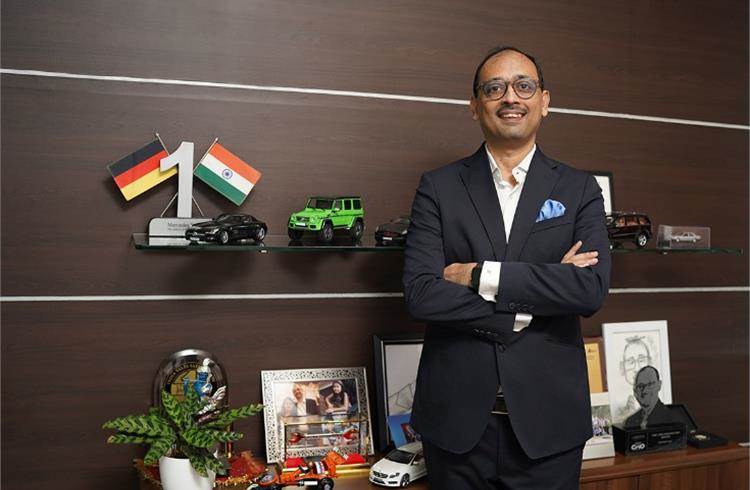
Santosh Iyer, MD and CEO, Mercedes-Benz India
“With a lot of data being transmitted by vehicles, first of all, we have come up with a privacy control centre to take customer consent and that is the starting point for us before we leverage the data to serve them better,” Santosh Iyer, MD and CEO, Mercedes-Benz India said while speaking as a panelist at the Autocar India-Reliance General Insurance Brobot Interact virtual session on April 17.
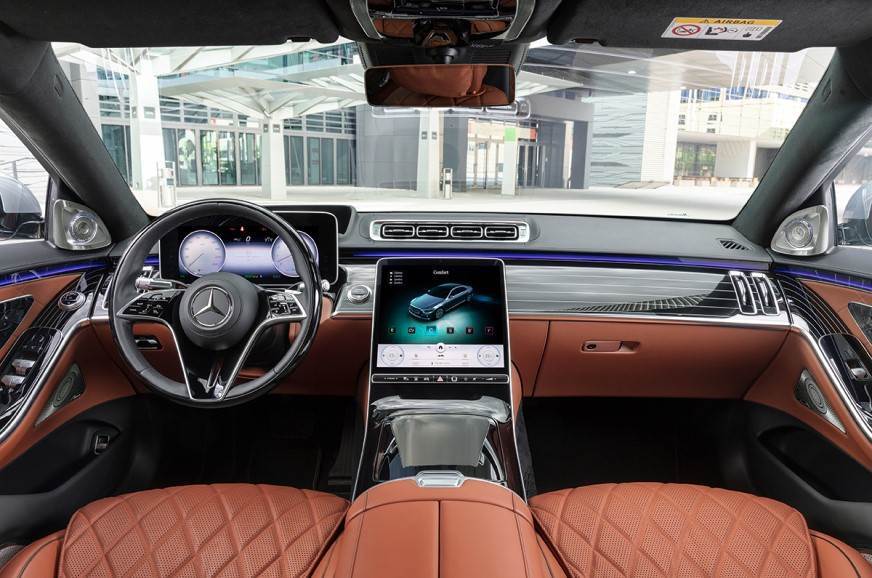
Iyer took a use case of the NTG7’s tele-diagnosis functionality, wherein the company can monitor the car’s health in real-time and offer the requisite preventive maintenance, for example, brake pad replacement, once the vehicle comes into the workshop for the scheduled service.
“While it is activated on select NTG7-equipped models, in a matter of 12-24 months, all Mercedes-Benz cars will have this feature rolled out in India. We are also actively discussing with insurance companies about the use of data for claim settlement and speedier process initiation,” Iyer said.
“The third frontier to connected car technology is selling services. Around three months ago, we went Live on the app store with the ‘Mercedes me’ application and we are offering add-on subscription services like rear-axle steering, parking, and navigation services. In a matter of a few months, we will update the application with ‘Mercedes Pay’ which will allow users to buy services and different products from the infotainment system itself. This is just the starting point of a full-digital transformation when it comes to connected cars,” Iyer added.
Kia elevates customer experience with connected tech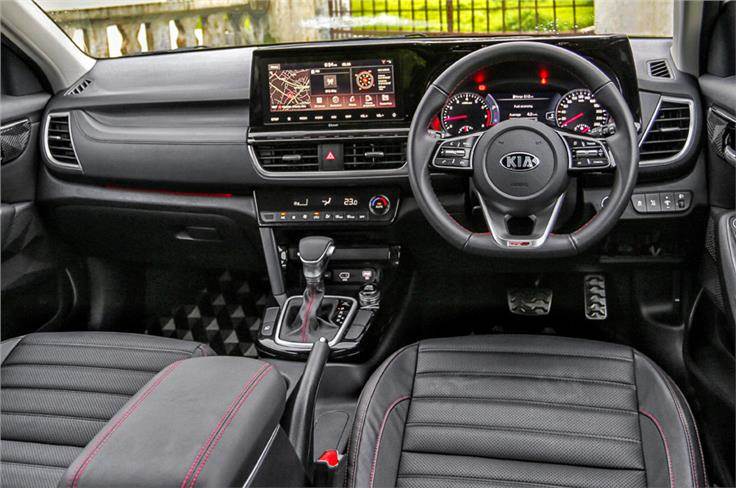
Iyer’s co-panelist, Hardeep Singh Brar, VP and Head, Marketing and Sales, Kia India, “At Kia, we recently crossed the cumulative volume milestone of 700,000 units in India, and out of that, over 300,000 cars are connected to the Cloud. We are also exploring the connectivity features such as predictive maintenance and pay-by-your-car options. All these features will come gradually in the case of Kia models in India as well.”
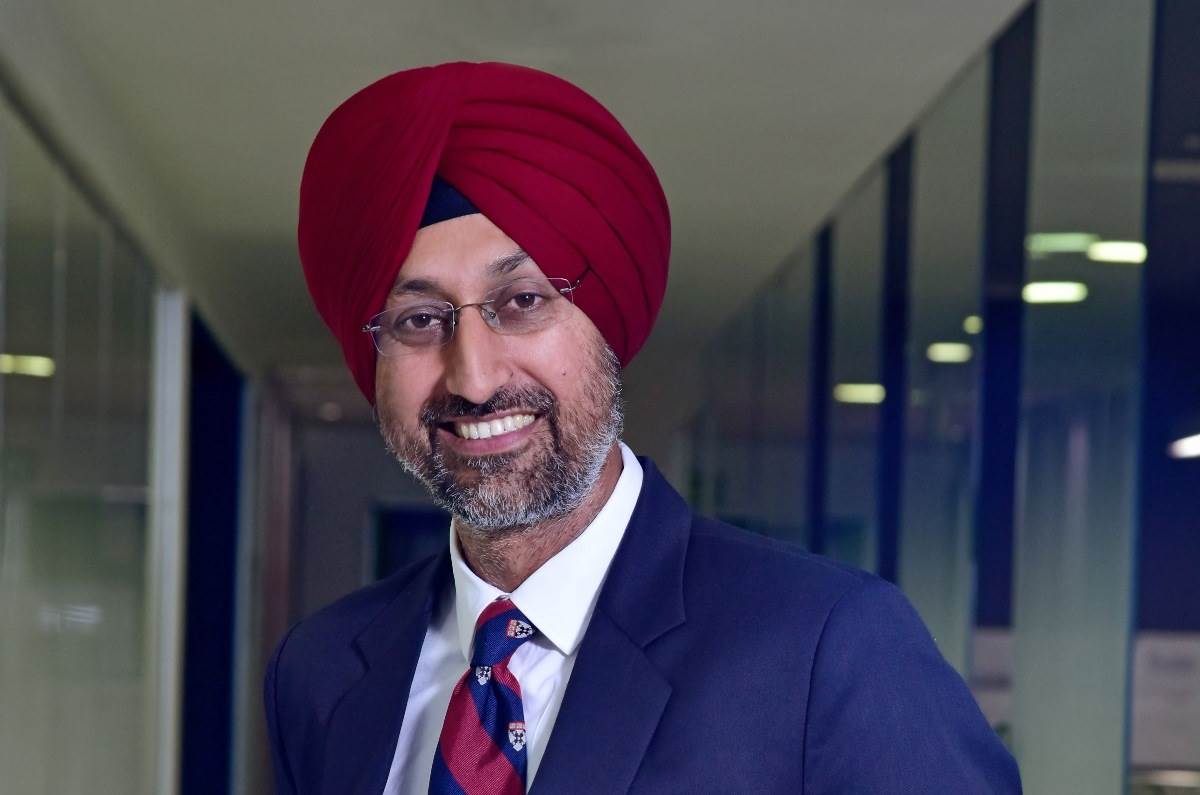
Hardeep Singh Brar, VP and Head, Marketing and Sales, Kia India
Brar mentioned that the Korean carmaker is leveraging connected car technology to elevate customer experience as it is already witnessing as much as 25 percent of service centre appointments coming through the ‘MyKia’ mobile application for users. “Moreover, the pick-and-drop service has now touched almost 40 percent penetration, with customers being able to track their vehicle’s whereabouts on the app. We will be now giving the option to consumers to watch their cars getting serviced from the comfort of their homes,” Brar added.
Kia India is equipping its workshops with cameras at a few bays which will relay Live footage of the car being serviced directly to the customer. Customers are also witnessing transparency in billing and payments, and that is also enabling a seamless experience of Kia customers in India, according to Brar. “Besides what is underway in terms of predictive maintenance, we are also focusing on the consumer experience so that they keep coming back to us,” he said.
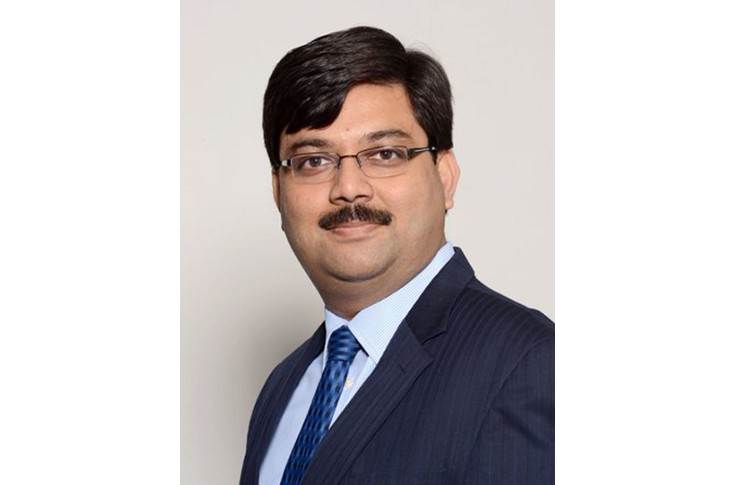
Rakesh Jain, CEO, Reliance General Insurance
According to Rakesh Jain, CEO, Reliance General Insurance, “India is transitioning towards a risk-management mindset and a part of that is how one addresses a claim settlement. The insurance sector has evolved from a brick-and-mortar mindset to one using connected devices and advanced technologies. Therefore, insurance companies must understand risk, and for them to dig deep into products and customers is logical.
“Furthermore, the India story which is evolving on the digital side, supported by some regulatory inducements, is also helping insurance providers to get so much data from in and around. When we see digital products like pay-as-you-drive, one eventually is embedding how customers would like to manage their risk, and optimise their premiums. We offer state-of-the-art digital assistance to customers when they have a claim. We have connected most workshops electronically wherein data and videos are being transmitted in real time. Just as the way a customer aspires to buy a product, he or she must also aspire to get the same levels of services from insurance companies,” Jain signed off.
